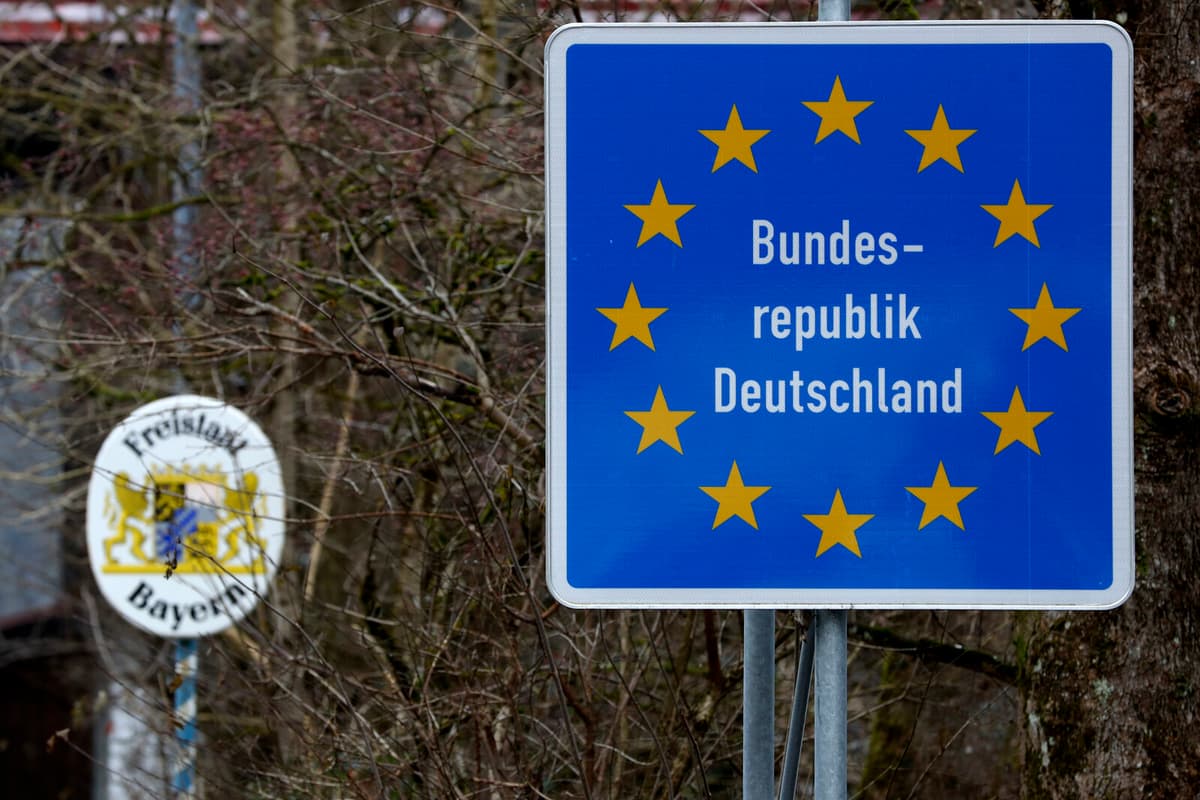On Monday, September 16, temporary German controls will be reintroduced against France, Belgium, Luxembourg, the Netherlands, and Denmark. This means that the entire country will be covered, since similar controls were already introduced earlier against countries in the east and south.
Exactly how, where, and who will be controlled in the west has not yet been announced. But there is already great concern in neighboring countries about transport and economic consequences.
Just think of all the cross-border commuters. There could be enormous queues, says Martin Deleixhe, migration expert at ULB University in Brussels to the newspaper Le Soir.
"End of Schengen"
When mobility in the EU was restricted during the coronavirus pandemic, the economy was severely affected by mile-long truck queues at the borders. Even the controls that have been carried out since 2015 between Sweden and Denmark have occasionally caused great irritation and delays.
More sample-like controls have indeed been able to continue without major impact, but are not enough if a country wants to be 100 percent sure of who is allowed in or not. If that is to be done, the Schengen system risks becoming worthless.
"Internal border controls that are supposed to have some effect mean the end of Schengen", writes Gerald Knaus, head of the think tank ESI, on X.
Murder in Solingen
The German controls are a consequence of the intense asylum and migration debate that has been sparked in the country after the recent knife attack in Solingen, where a 26-year-old Syrian killed three people.
The government hopes to quickly stop and return people who have been registered as asylum seekers in other EU countries with the help of, among other things, fingerprints.
Interior Minister Nancy Faeser believes that the measures are necessary while waiting for the EU's new asylum and migration pact to be fully implemented in two years.
Before we reach the strong protection of the EU's external borders under the new common asylum system, we must strengthen our national borders, she said earlier in the week.
Orbán pleased
Germany's actions simultaneously strengthen the number of governments and political parties in the EU that are pushing for even tougher measures against migrants and asylum seekers.
"Welcome to the club, Chancellor Scholz", wrote, for example, Hungarian Prime Minister Viktor Orbán sarcastically on X on Tuesday.
The Schengen cooperation guarantees free travel across borders without controls for member states' citizens and those with valid residence permits.
The cooperation includes all EU countries except Ireland and Cyprus, as well as Norway, Iceland, Switzerland, and Liechtenstein. The name comes from the small town in Luxembourg where a first agreement on the cooperation was reached in 1985.
Member states have the right to reintroduce temporary internal border controls if there are special reasons, such as terrorist threats or protection needs before major events.






